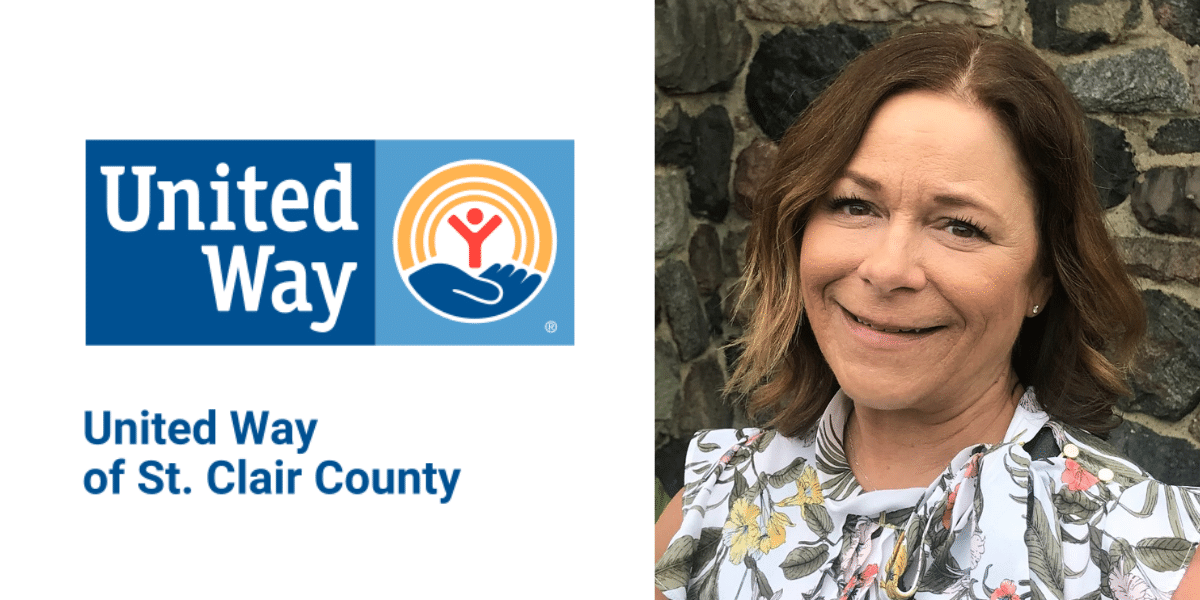Bill Makes Changes That Benefit Craft Brewers
Craft beverage lovers along with microbrewers, wine makers, and distillers will have more options for tasting and offering samples of new brews. Governor Whitmer just signed bipartisan legislation that allows for changes in the Michigan Liquor Control Code.
Senate Bill 49 allows craft beverage producers to sample and sell their brews in the same place which Whitmer says will help small businesses grow and support the economy.
“Michigan is home to some of the best microbreweries and craft distillers in the country, and this bill makes it easier for these businesses to create and operate tasting rooms,” said Governor Whitmer. “I’m proud that this bipartisan bil
Vinomondo Winery in Ft. Gratiot said the changes don’t really affect them. Their winery is still open, though operating at 50% capacity, and guests can sample their wines, bottle their own blends, visit the pub, or shop at the gift shop. Check their website for hours and menus.
David Ringler, Director of Happiness Cedar Springs Brewing Company, said, “We are grateful for this legislation that will allow us to expand services to our customers after a very difficult year. As a destination location in a small town, it is key for us to be able to serve all of our product lines to our guests.”
Reporting for WGRT – Jessie Wiegand







